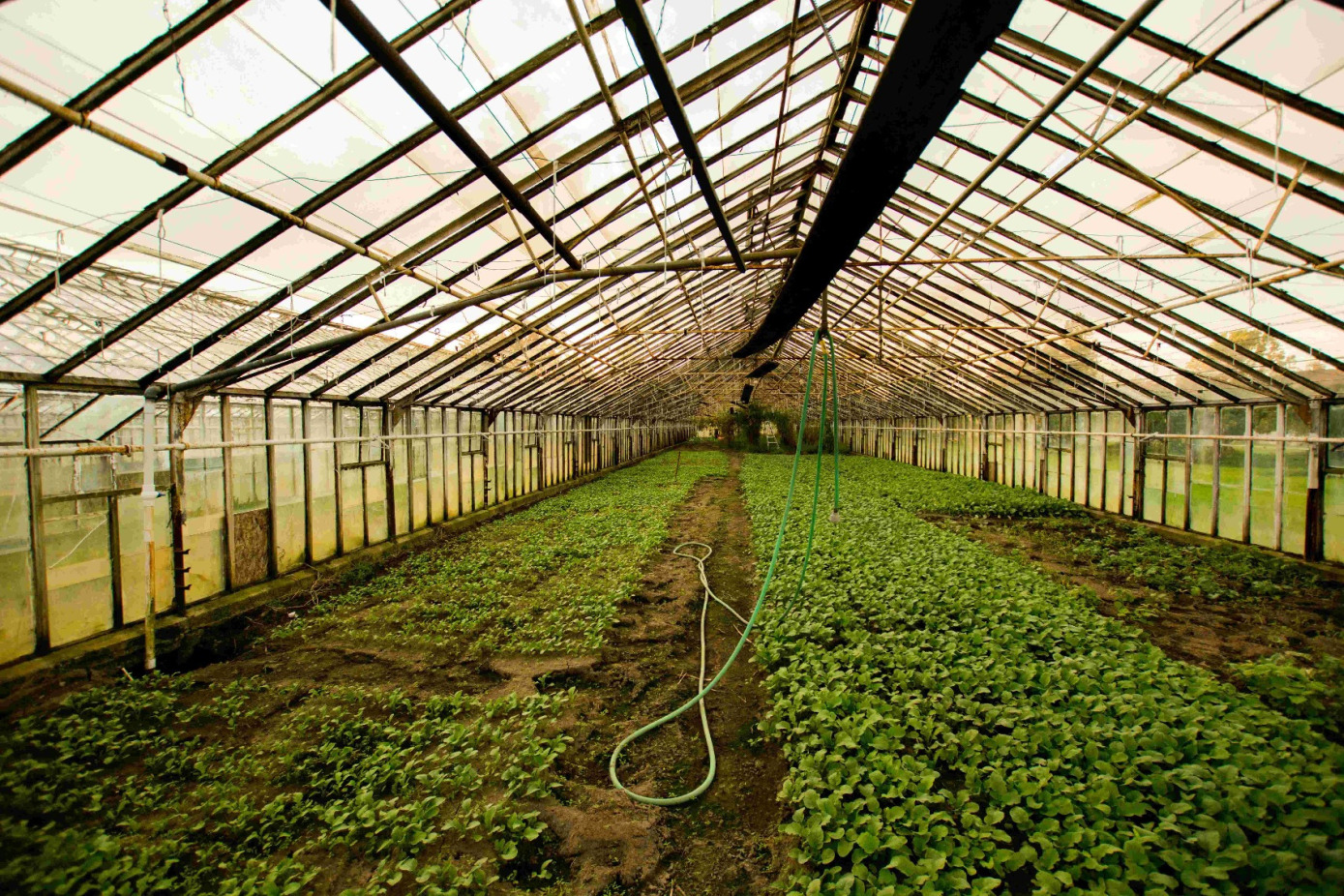Restoring Indian Soil Health: Innovative Uses of Biological Fertilizers in Traditional Farming

Indian agriculture, deeply rooted in traditional practices, faces modern challenges such as soil degradation, nutrient depletion, and environmental stress. The quest for sustainable solutions has led to adoption of biological fertilizers, which offer innovative approaches to soil restoration and enhanced crop productivity. This blog explores how biological fertilizers can be integrated into traditional farming practices in India to revitalize soil health and support sustainable agriculture.
The Challenge of Soil Health in India
Indian soil has long been the backbone of its agricultural economy. However, over the years, intensive farming practices, excessive use of chemical fertilizers, and inadequate soil management have led to significant soil health issues. Common problems include:
-
Nutrient Depletion: Continuous cropping and monoculture deplete essential nutrients from the soil.
-
Soil Erosion: Poor soil management practices result in erosion and loss of fertile topsoil.
-
Soil Pollution: Overusing chemical fertilizers and pesticides leads to soil contamination and reduced microbial activity.
What Are Biological Fertilizers?
Incorporating biological fertilizers into traditional farming practices can offer a range of benefits. If you are considering purchasing biological fertilizers according to sustainable farming, explore various innovations and find products that suit your needs.
Integrating Biological Fertilizers into Traditional Farming Practices
1. Enhancing Traditional Composting
Traditional composting is a cornerstone of Indian agriculture. Farmers can enhance the quality and effectiveness of composting by integrating biological fertilizers into composting processes. Biological fertilizers can accelerate the decomposition of organic matter, enrich compost with beneficial microorganisms, and improve its nutrient content.
-
Procedure: Mix biological fertilizers with compost materials such as crop residues and manure. This combination speeds up the composting process and enhances the nutrient profile of the final product.
-
Benefits: Results in nutrient-rich compost that supports soil health and improves crop yields.
2. Improving Crop Rotation Systems
Crop rotation is a traditional practice that helps manage soil fertility and control pests. Adding biological fertilizers to crop rotation systems can enhance soil health by introducing beneficial microorganisms that improve nutrient availability and soil structure.
-
Procedure: Apply biological fertilizers to the soil before planting each crop in the rotation. This practice helps replenish soil nutrients and supports the growth of subsequent crops.
-
Benefits: Enhances soil fertility, reduces the risk of nutrient depletion, and promotes a balanced soil ecosystem.
3. Revitalizing Degraded Lands
Degraded lands in India pose a significant challenge to sustainable agriculture. Biological fertilizers can be crucial in restoring soil health on these lands. By reintroducing beneficial microorganisms, biological fertilizers can improve soil structure, increase organic matter, and enhance nutrient availability.
-
Procedure: Apply biological fertilizers to degraded lands in combination with organic matter such as compost or green manure. This approach helps rebuild soil health and fertility.
-
Benefits: Restores soil vitality, promotes plant growth and enhances land productivity.
Benefits of Biological Fertilizers for Indian Agriculture
Biological fertilizers offer numerous advantages that align with the goals of traditional farming while addressing modern challenges:
- Sustainable Soil Health: Biological fertilizers improve soil structure and nutrient availability, promoting long-term soil health and productivity.
- Environmental Benefits: Biological fertilizers minimize environmental pollution and support ecological balance by reducing the need for synthetic chemicals.
- Economic Viability: Reducing dependency on chemical inputs can lower farming costs and increase profitability through improved crop yields.
"The soil is the foundation of all life, and nurturing it with natural processes ensures a future of abundance and sustainability."
Practical Tips for Using Biological Fertilizers
To maximize the benefits of biological fertilizers, consider the following tips:
- Follow Application Guidelines: Adhere to the manufacturer's dosage and application methods recommendations to ensure optimal results.
- Monitor Soil Health: Regularly assess soil conditions and adjust fertilizer applications to maintain soil fertility and health.
- Combine with Traditional Practices: Integrate biological fertilizers with existing traditional practices for a holistic approach to soil management.
Statistical Insights
-
Increased Soil Fertility: Research indicates that biological fertilizers can improve soil organic matter by up to 25% within a few years.
-
Enhanced Crop Yields: Studies show that crops treated with biological fertilizers can experience up to a 15% yield increase compared to conventional fertilizers.
Future Directions in Soil Restoration
Integrating biological fertilizers into traditional farming practices represents a significant step towards sustainable agriculture. As research and technology continue to advance, new formulations and application techniques will further enhance the effectiveness of biological fertilizers.
Farmers and agricultural experts are exploring innovative methods to optimize biological fertilizers, such as precision agriculture and advanced microbial boiformulations. Staying informed about these developments can help you make the most of biological fertilizers and contribute to the long-term health of Indian soils.
The journey to restoring Indian soil health involves respecting traditional practices and embracing innovative solutions. Incorporating biological fertilizers into your farming practices contributes to a more sustainable and productive agricultural future. As you explore these methods, consider how each approach can enhance your soil's vitality and support the broader goals of agricultural sustainability.
